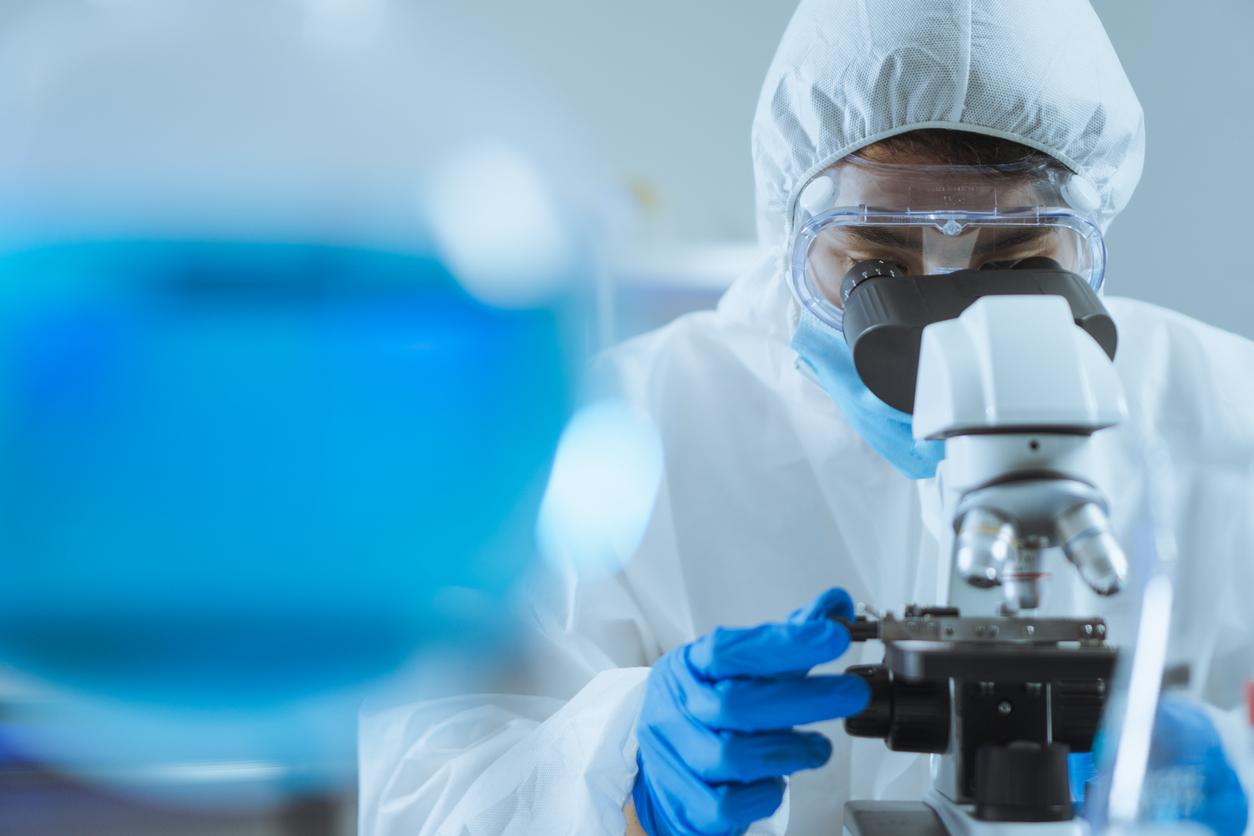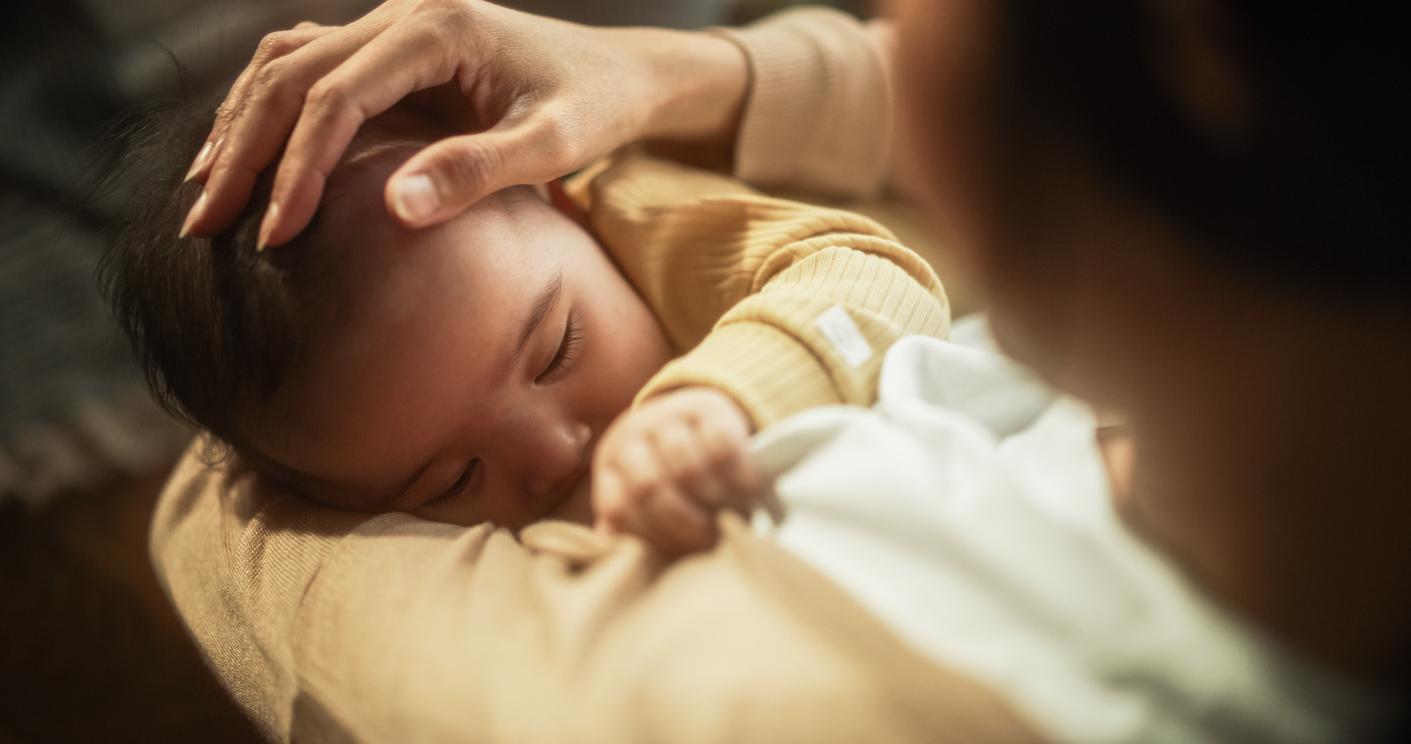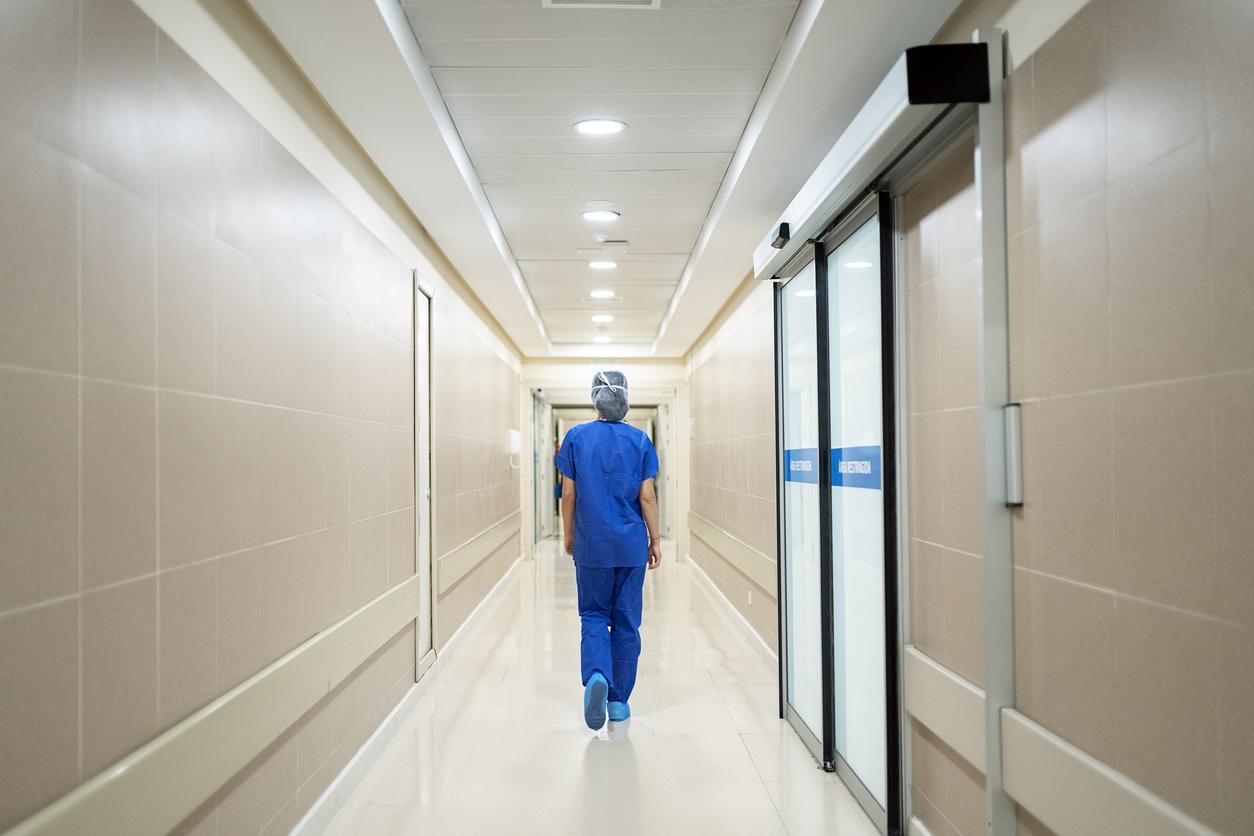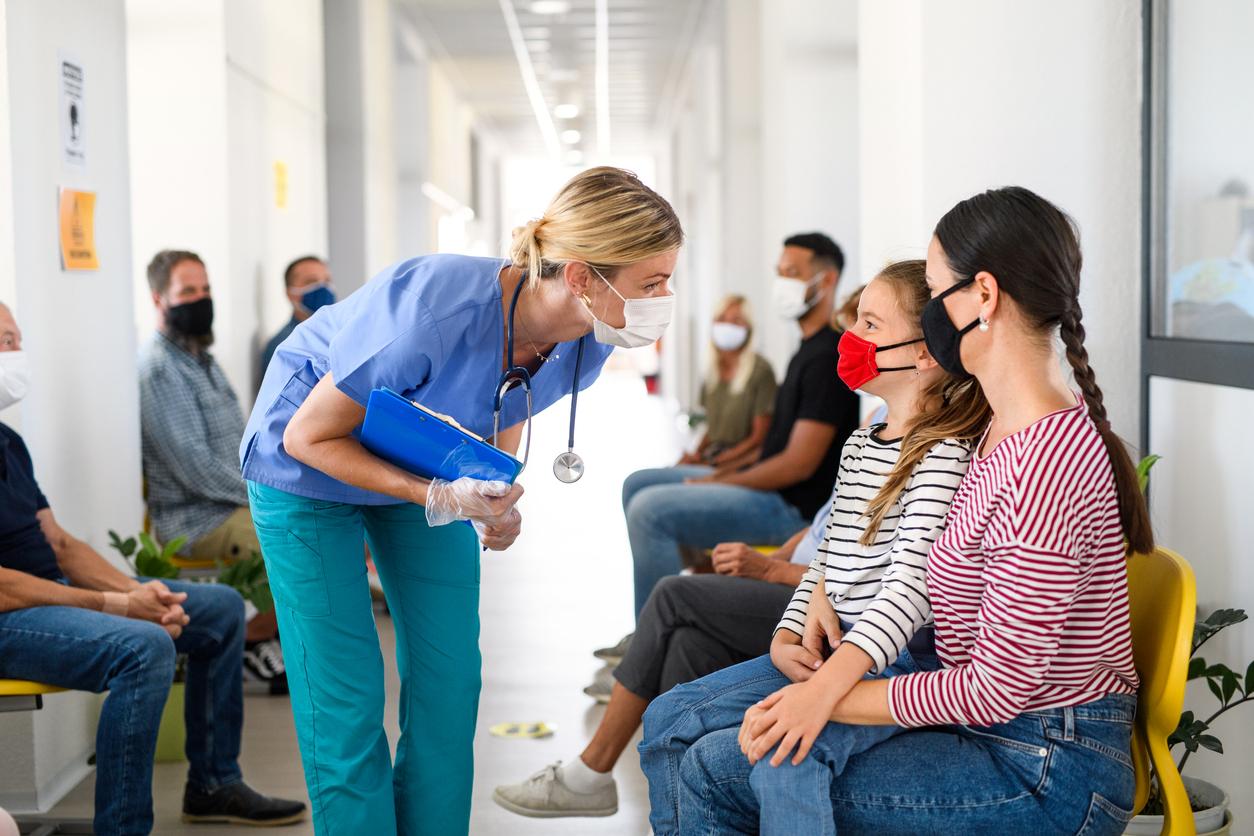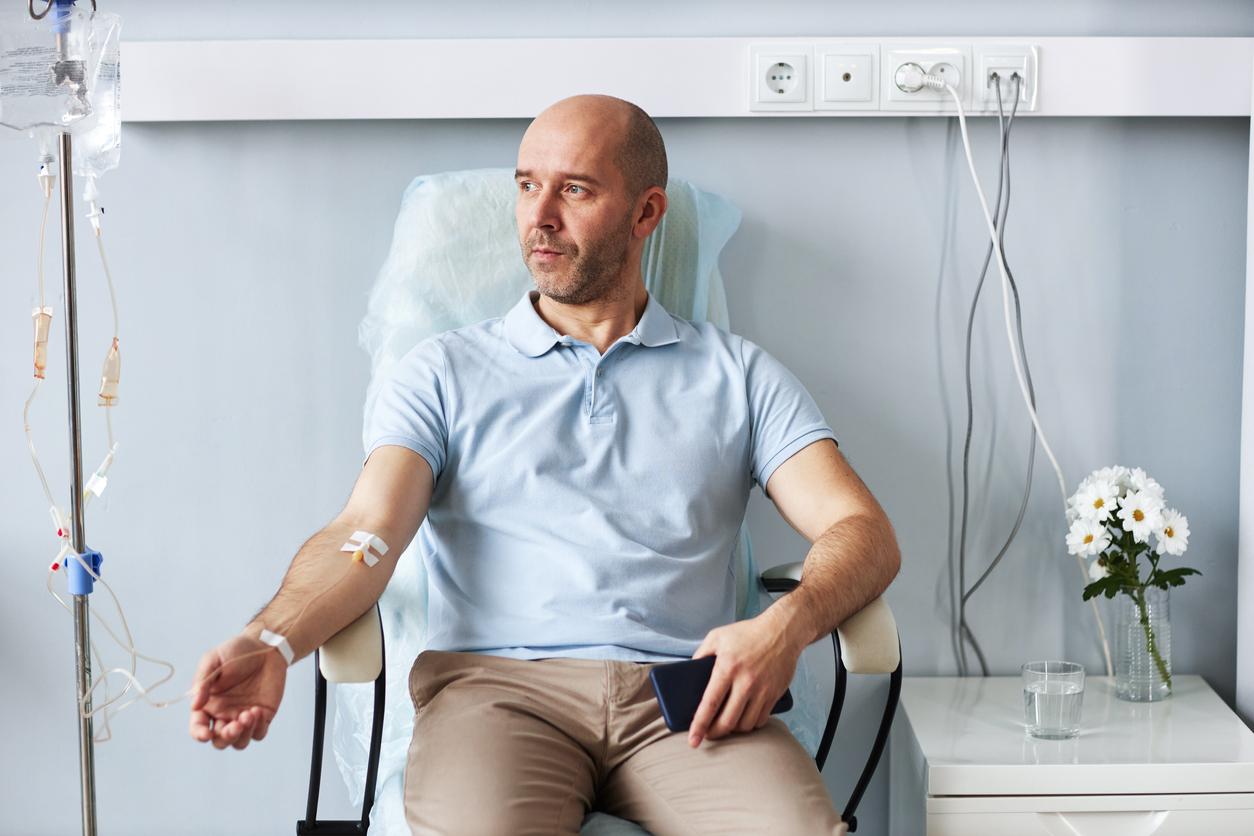Céline is a nurse-anesthetist in intensive care in the PACA region. In the midst of the coronavirus epidemic, she is fighting to save patients with Covid-19. Far from her family, whom she wishes to protect from possible contamination, she faces the distress of families who cannot accompany their loved ones when, unfortunately, despite the care, death is at the rendezvous.
It’s hard to imagine what an intensive care unit for patients with Covid-19 can be. Can you enlighten us?
Generally speaking, an intensive care unit has around ten beds. Each of them is equipped with a scope that will allow monitoring of the patient’s vital parameters, a ventilator, many syringe pumps that contain anesthesia products or even drugs that will meet the needs of the patient. patient and dialysis to be installed in a room if kidney function is impaired. The beds are more or less in an arc with, in the middle, a central which is an uncontaminated area where we will find all the repeaters of the scopes. All patients can therefore be monitored in real time while being outside the room.. The great peculiarity linked to the Covid-19 infection is that each box is completely isolated with closed doors. There are therefore very strict isolation protocols to be observed, especially when entering and leaving the box in order to avoid contamination and spreading the virus.
How is care different in an intensive care unit dedicated to Covid-19?
Some patients manage to overcome respiratory distress without being intubated. For others, alas, it is much more serious. We will have to intubate them and then place them, as we often hear, in the prone position in order to promote better oxygen transport in the alveoli. If unfortunately the patient’s condition continues to deteriorate, we will opt for a transfer to services that have ECMO * (extracorporeal membrane oxygenation) which corresponds somewhat to dialysis but respiratory.
When we put a patient to sleep knowing full well that he will not wake up, how do we experience it psychologically?
There is always hope, even if the chances are minimal, to wake up a patient. As an IADE (nurse anesthetist), when I fall asleep patients in the operating room for surgical operations, I have a small ritual during which I calmly explain to them what I am doing, take them to a pleasant atmosphere. so that they feel confident, as relaxed as possible. I ask them to try to visualize a place where they feel good. It is important that patients are in the best possible condition before the surgery. I tell them that everything will be fine, that we will meet again after their nap. Recently I had to put a lady in the Covid intensive care unit to sleep and there I was unable to promise her that everything was going to be fine. It was a very difficult situation during which I felt totally unsettled. Two hours earlier, this lady, whose state of health deteriorated rapidly, was talking to me about her daughter …
This epidemic, the absolute emergency that you must face … It must be a very special moment to live?
Yes, it is a special, difficult period, with a very heavy atmosphere. I really like trail running and I tend to draw parallels between this sport and what I am experiencing on a daily basis. You have to stay focused, with your head held high, without ever giving up. We focus on the patients, the care that we must provide and we must especially not let ourselves be overwhelmed by emotions. It is necessary to avoid being parasitized, in spite of the weather which can be bad, the ground which can turn out to be slippery or muddy. It is important to remain steadfast, present. The hardest part in this “trail” is not knowing where the finish line is. Contaminated people and people in intensive care find themselves alone and, unfortunately, when they die, they are far from their loved ones.
How do families cope with not being able to grieve?
The most difficult, in fact, is to realize that each person is faced with loneliness, isolation. These patients must fight alone against Covid-19 and, sometimes, alone in the face of death. Even if, in normal times, visits to the intensive care unit are very strict, they are, in the face of this epidemic, completely prohibited. It is very hard for the patients who cannot receive the encouragement of their relatives who would come to see them, to support them in this ordeal, but it is also terrible for the families who feel far away, helpless.
How did you live this very special period during which, in order to avoid any contamination, you must resolve to live far from your family?
It is not easy ! I had to put my professional life before my personal life. I isolated myself from my family so as not to risk exposing them to the virus. Many of my colleagues have made the same decision as I have. Some live in rentals near the hospital. It’s a tough choice, but definitely the best. Of course, I miss my partner and my daughter, but even though I would like to have them by my side at this very special time, I wanted to focus on safety. The hardest thing to bear psychologically is that there is no deadline. Our mission, above all, is to be there for the patients.
* THE’oxygenation by extracorporeal membrane, commonly called ECMO, designates, in intensive care, an extracorporeal circulation technique offering both cardiac and respiratory assistance to patients whose heart and / or lungs are not able to ensure a gas exchange compatible with life.
Find the full interview with Céline on the site Maintenance agents
Read also:
- Loic’s testimony, radio manipulator
- Julie is a regulation assistant (SAMU)










